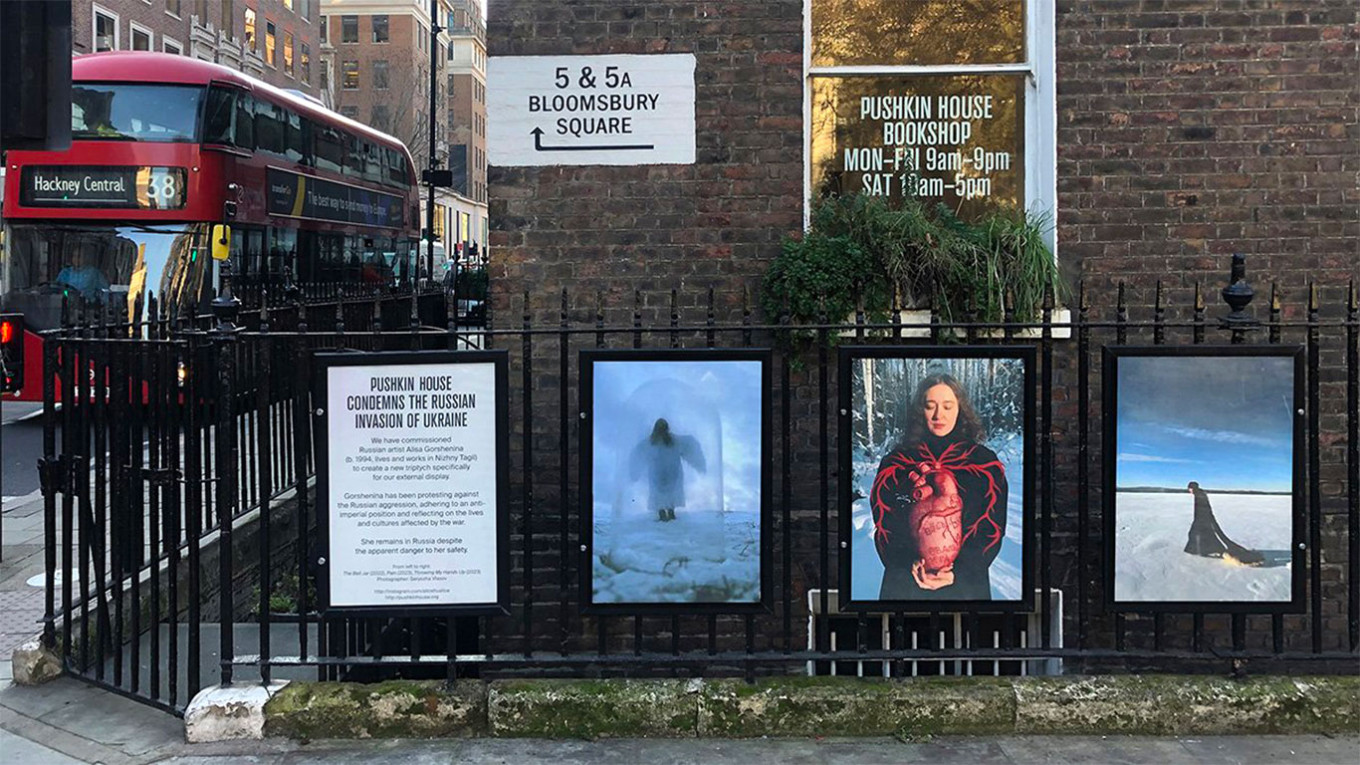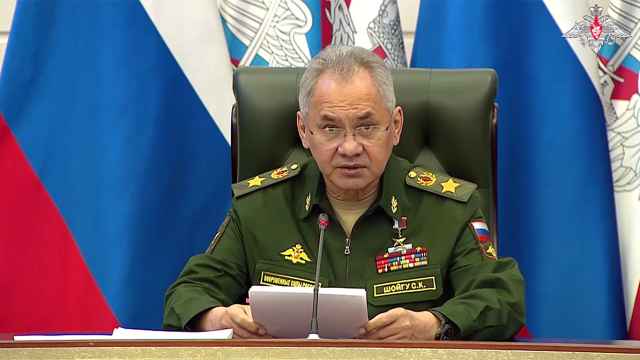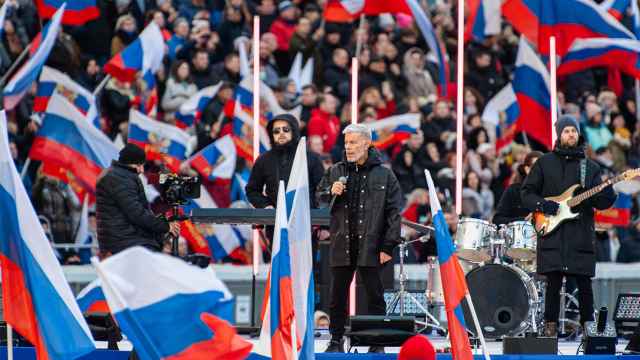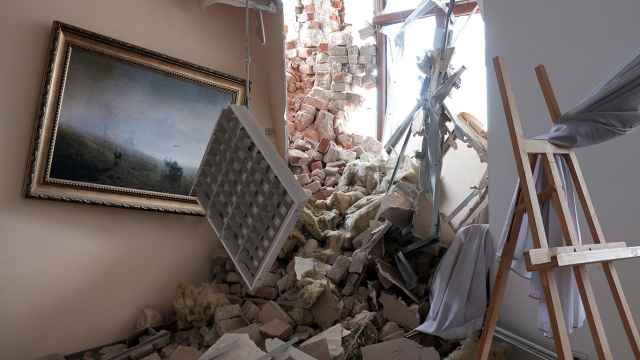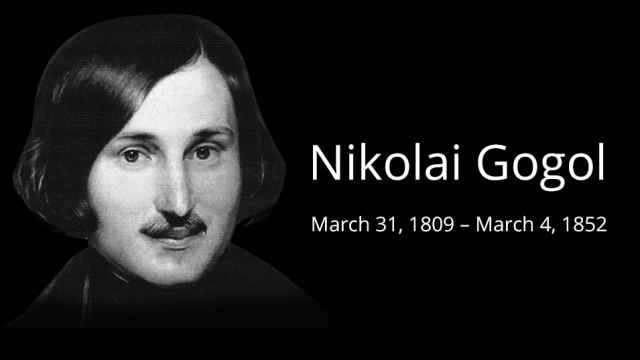An earlier version of this article has been corrected to reflect the fact that Pushkin House head Elena Sudakova did not speak directly to The Moscow Times.
LONDON — Arguments in the United Kingdom over the role of Russian studies and the promotion of Russian culture sparked by the invasion of Ukraine continue to rage even as the fighting enters its 14th month.
The U.K.’s leading independent Russian cultural center, Pushkin House, last month even faced calls to change its name and drop its association with the famous 19th century poet.
Despite Pushkin House's fervent opposition to the war and decision to alter its programming to give a voice to Ukrainians and Russian minority groups, this has not been enough for some.
Institutions in the U.K. promoting Russian culture “remain remarkably complacent and beholden to obsolete russophile fantasies, which reflect neither reality nor current ethical and geopolitical conjectures,” Michał Murawski, a professor at University College London, told The Moscow Times.
The intensity of such arguments about how to study Russian culture — as well as with debates about “decolonizing” Russian studies programs — that have been taking place at universities and Russia-linked institutions all over the country has not faded over the course of Russia's full-scale invasion of Ukraine.
Among the most tangible consequences of the war have been a dramatic severing of ties with organizations based in Russia, a cessation of travel between the two countries and drastically limited options for partnerships with individuals who remain inside the country.
Ammon Cheskin, a lecturer at the University of Glasgow, recalled a confrontation with his Russian colleagues at a university in the Russian city of Nizhny Novgorod.
“The war was in full swing. We had the atrocities in Bucha and Irpin. And I was talking to Russian colleagues who wouldn’t recognize or acknowledge them,” Cheskin told The Moscow Times.
“They said the typical lines — we can’t know the truth, the media is lying. That was a difficult moment for me.”
As with many other institutional academic contacts, Glasgow University severed its ties with Nizhny Novgorod shortly after the invasion.
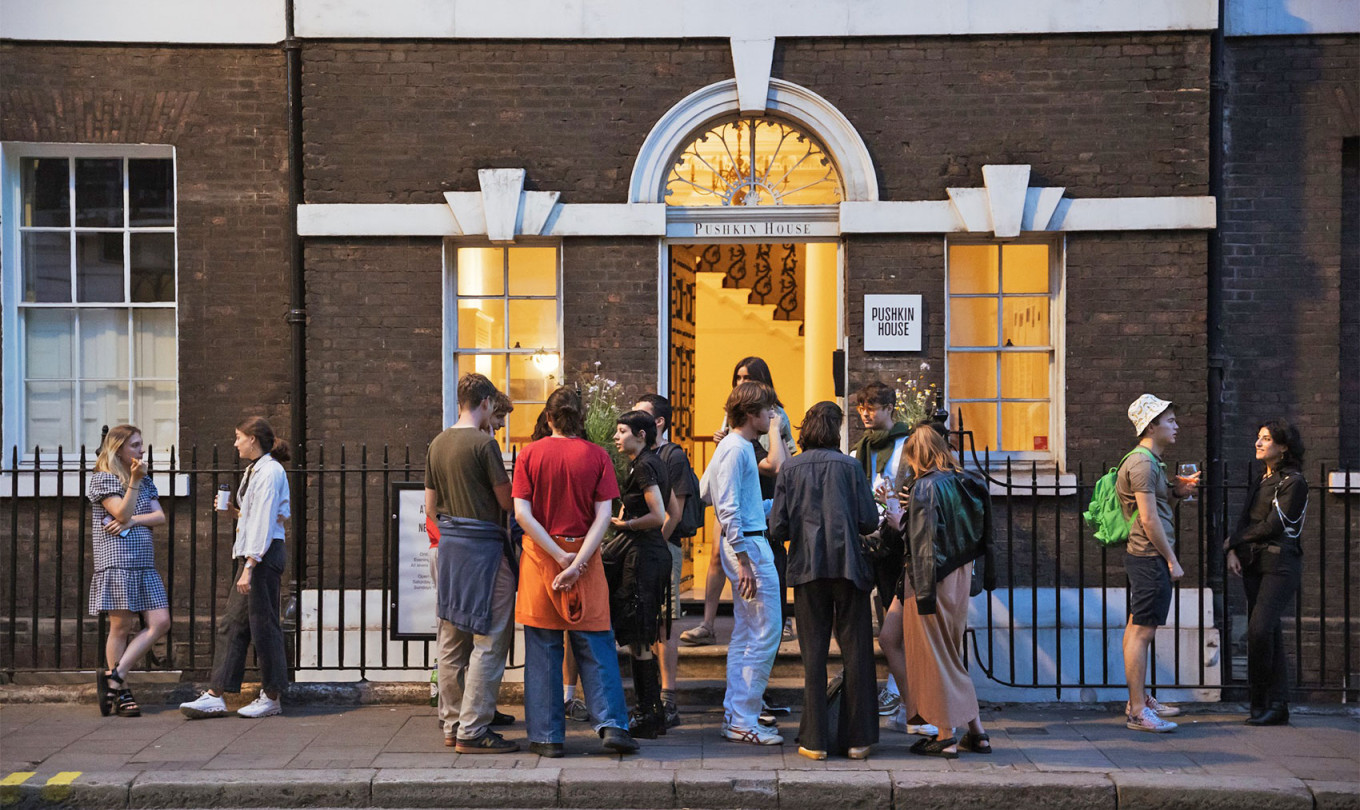
For Russian language students, the main impact of the war has been to make it impossible to visit the place they are studying — due to both security concerns and ever-decreasing institutional links.
The war has also caused divisions among students.
Della Pirrie, a third year student of Russian and history at UCL, said that while the majority of her classmates supported Ukraine, she questioned the motivations of two students who decided against taking their year abroad in a post-Soviet country.
“They rather supported [Russian President Vladimir] Putin’s actions,” said Pirrie, who spent a year studying in the Estonian city of Tartu after it became impossible for her to study in Russia itself.
As well as Estonia, U.K. universities have sent students studying Russian to other post-Soviet countries where Russian is spoken, including Kazakhstan and Georgia.
As many young Estonians do not speak Russian, Pirrie said she chatted to older people at the post-office or hospital and watched ETV plus, a Russian language channel.
Fellow year-abroad student Tom Rawcliffe said he was wary of using Russian in Tartu — or even telling classmates he was learning the language.
“I only speak Russian in public with people I know don’t mind speaking it, or when I’m in other areas of the region,” he told The Moscow Times.
Back in U.K. universities, arguments have raged on issues such as whether courses about Russia and surrounding regions should be renamed to give Russia less prominence or whether to hire more academics who specialize in other countries in Eastern Europe, the South Caucasus and Central Asia.
Murawski claimed that Ukrainian students in U.K. universities are often “lumped together” with Russians, or criticized for overly “activist” or “emotional” positions.
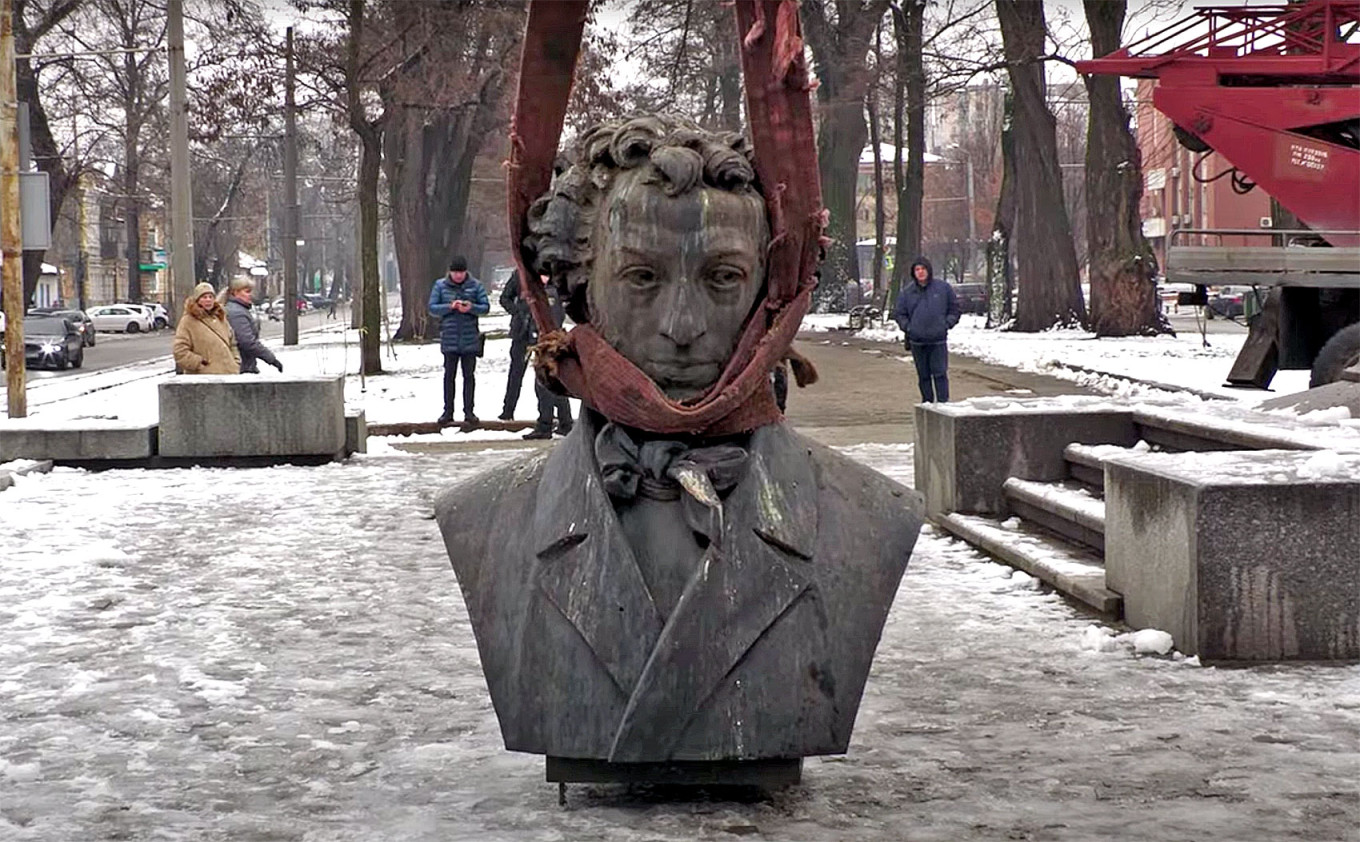
He also criticized major international research associations — including the British Association for Slavonic and East European Studies — for continuing to host scholars employed by Russian universities.
How far changes to academic practice should go remains a divisive issue.
Jeremy Morris, a former lecturer of the University of Birmingham who now teaches in Denmark, told The Moscow Times that basic academic freedoms were in jeopardy.
“What most people mean when they say we must ‘decolonize’ Russian studies is that a hygiene test should be carried out on all writers and thinkers and that those failing this test, from Dostoevsky to Brodsky, should be inscribed in a black book, accessible only with a key from the head librarian,” Morris said.
For those teaching Russian culture, it has been particularly challenging.
While understanding Russian politics or history is arguably more important than ever, the case for Russian culture is perhaps harder to make.
“We have to inspire students’ enthusiasm for the art, literature, music and language of Russia,” said James Rann, a lecturer at the University of Glasgow.
“This is not normally a challenge … but it is emotionally hard when you are struggling to look past the present horrors Russia is inflicting on Ukraine.”
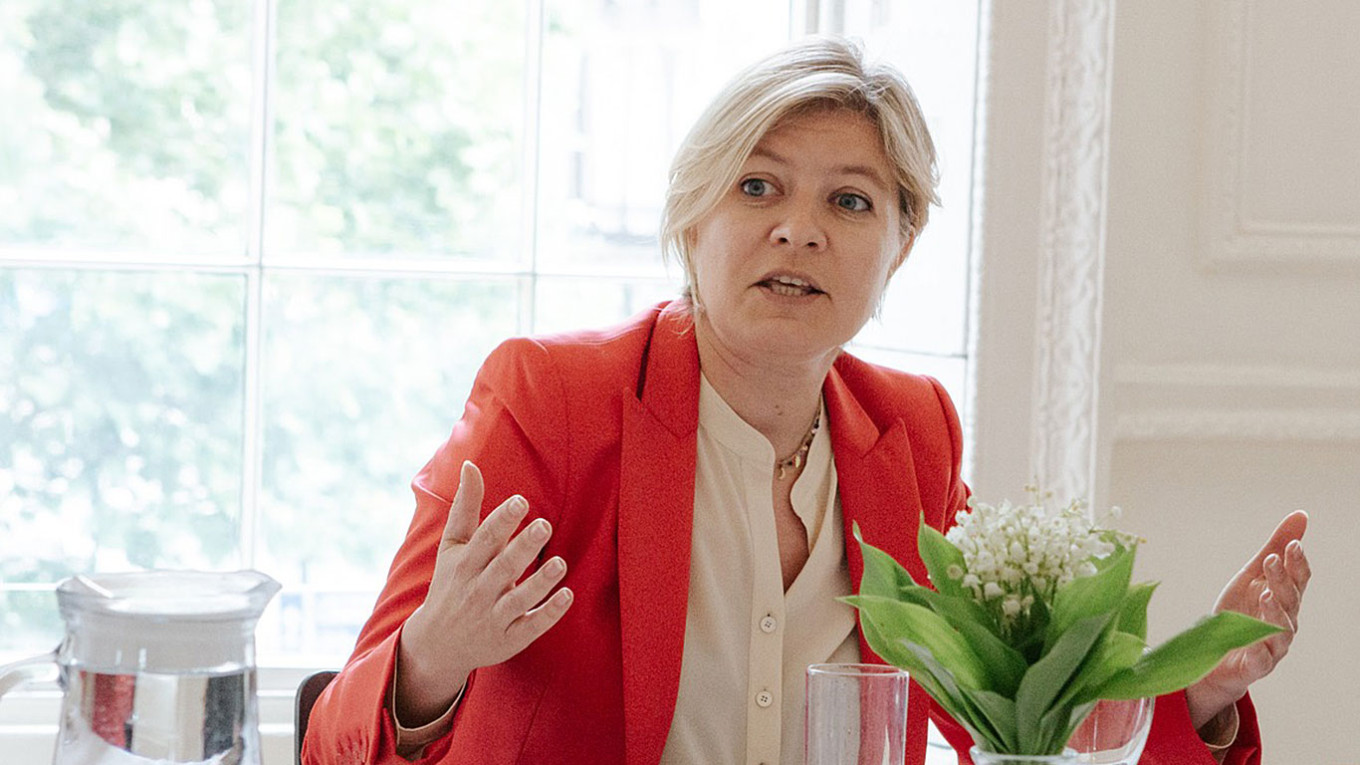
While Pushkin House has not — yet — gone as far as changing its name, director Elena Sudakova said in a recent newsletter that she recognized the “tension” over the role Russian culture plays in Russian imperialism.
Several Ukrainian cities have taken down Pushkin statues in recent months.
But Sudakova also said in the newsletter mailing it was important to show that there was still “hope, resistance, and perseverance” in Russia.
Some Russian cultural institutions in London did not survive the invasion — cultural media outlet The Calvert Journal, for example, closed the day after Russia sent tanks over the Ukrainian border.
In a statement at the time, the outlet said: “we cannot in good conscience continue our work covering culture and the arts like it is business as usual.”
For the moment, there seems to have been few significant changes to the number of students applying to study Russian in U.K. universities.
The University of Nottingham, for example, issued 12 offers in 2021 and 5 in 2022. UCL’s School of Slavonic and East European Studies (SSEES) enrolled 29 students in 2021 and 31 in 2022.
But some fear that the type of students are changing.
“Typically, we have two types of students who are interested in Russian,” said Glasgow lecturer Cheskin.
“We have people who are attracted to Russia because of its culture — often British students, Western Europeans — and they have this great love for Russia. And then we have the students who see Russia as the enemy and want to study the enemy. These are the students who remain, we’re not getting many applications from the first group anymore.”
Ultimately, however, the fate of Russian studies as a discipline hinges on the outcome of the war — and pro-Ukraine Russianists continue to work through this uncomfortable reality.
“My life is always going to have a before and after February 2022, as for so many people in the field,” said student Pirrie, who intends to continue her study of Russian at postgraduate level.
In more than a year since the full-scale invasion of Ukraine, Russia has not given the world much to love — but there is certainly plenty to study.
A Message from The Moscow Times:
Dear readers,
We are facing unprecedented challenges. Russia's Prosecutor General's Office has designated The Moscow Times as an "undesirable" organization, criminalizing our work and putting our staff at risk of prosecution. This follows our earlier unjust labeling as a "foreign agent."
These actions are direct attempts to silence independent journalism in Russia. The authorities claim our work "discredits the decisions of the Russian leadership." We see things differently: we strive to provide accurate, unbiased reporting on Russia.
We, the journalists of The Moscow Times, refuse to be silenced. But to continue our work, we need your help.
Your support, no matter how small, makes a world of difference. If you can, please support us monthly starting from just $2. It's quick to set up, and every contribution makes a significant impact.
By supporting The Moscow Times, you're defending open, independent journalism in the face of repression. Thank you for standing with us.
Remind me later.



